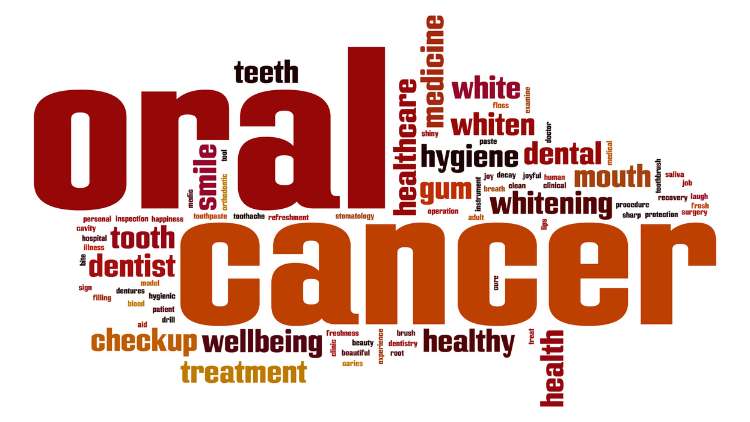
Oral cancer is a serious condition that affects countless individuals worldwide. Detecting oral cancer in its early stages is crucial for successful treatment and improved outcomes. In this blog, we will delve into the significance of oral cancer screenings, explore the risk factors and symptoms, and shed light on how regular screenings can play a pivotal role in preserving your oral health.
Understanding Oral Cancer
Risk Factors
- Tobacco and alcohol use: Prolonged use of tobacco and excessive alcohol consumption significantly increase the risk of oral cancer.
- Human papillomavirus (HPV) infection: Certain strains of HPV, such as HPV-16, can raise the likelihood of developing oral cancer.
- Age and gender: As we age, the risk of oral cancer increases, and men are more susceptible to it than women.
- Sun exposure and lip cancer: Long-term exposure to the sun, especially without lip protection, can lead to lip cancer.
Signs and Symptoms
- Persistent mouth sores that fail to heal within two weeks.
- Red or white patches in the mouth that appear unusual or do not resolve.
- Unexplained bleeding, numbness, or tenderness in the mouth or lips.
- Difficulties in swallowing, speaking, or moving the jaw or tongue.
The Role of Oral Cancer Screening
- Early detection and increased survival rates: Detecting oral cancer in its early stages significantly improves treatment success and survival rates.
- Identification of precancerous lesions: Screenings can identify precancerous changes, enabling timely intervention and preventive measures.
- Monitoring high-risk individuals: Individuals at high risk, such as tobacco users or those with a family history of oral cancer, benefit from regular screenings to detect potential issues early.
- Peace of mind and proactive oral health care: Screenings provide reassurance by ruling out oral cancer and encourage proactive oral health practices.
Prevention and Risk Reduction
- Quitting smoking and tobacco use: Ceasing tobacco usage is one of the most effective ways to reduce the risk of oral cancer.
- Moderating alcohol consumption: Limiting alcohol intake lowers the risk of developing oral cancer.
- Practicing safe sex and HPV vaccination: Safe sexual practices and HPV vaccination can decrease the risk of HPV-related oral cancer.
- Sun protection and lip care: Wearing lip balm with sun protection and avoiding excessive sun exposure to the lips can help prevent lip cancer.
Importance of Dental Hygiene
- Regular brushing and flossing: Brushing twice a day and flossing daily helps remove plaque and maintain oral health.
- Professional dental cleanings: Regular dental cleanings aid in the detection of oral issues and the promotion of oral health.
- Oral self-examinations: Conducting regular self-examinations can help detect any changes or abnormalities in your oral tissues.
Conclusion
Emphasizing the significance of oral cancer screenings cannot be understated. These screenings are instrumental in detecting and treating oral cancer, improving treatment outcomes, and saving lives. By prioritizing oral health and seeking regular screenings, individuals can take proactive steps to safeguard their well-being. Remember to consult reputable dental professionals for screenings and maintain a comprehensive approach to oral health. We are located in Monroe, Michigan. Regain confidence in your smile and contact us today to schedule an appointment.

 Request an Appointment
Request an Appointment